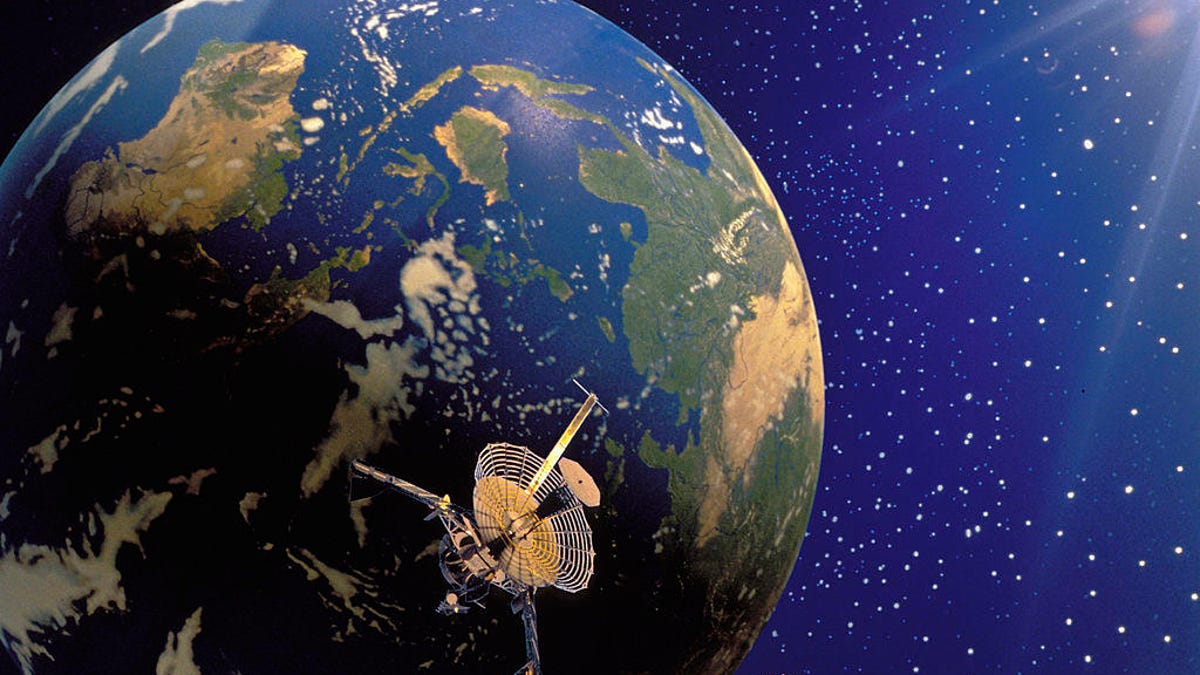EU's Galileo satellites have been down for days
Good luck to anyone who's relying on the global navigation satellite system.

The EU's Galileo satellites have been suffering from technical problems.
The European Union's Galileo global navigation satellite system hasn't worked since last Thursday. This is apparently due its ground infrastructure suffering technical problems.
A service status page lists 24 of its 26 satellites as "not usable" or "not available," while the remaining two are "testing" -- which our sister site ZDNet reports means they aren't usable. Only the search and rescue service, which is used to find people who get in trouble at sea or in the mountains, is still operating, the European GNSS Agency noted.
"Experts are working to restore the situation as soon as possible," the agency wrote in its release.
The problem may lie with the Precise Timing Facility, a ground station in Italy that gives each satellite in the system an accurate time reference, Inside GNSS said.
The Galileo program launched its first satellite in 2011, so that the EU wouldn't have to rely on the US Global Positioning System, or GPS, for commercial, military and other applications like guiding aircraft.
The agency didn't immediately respond to a request for further comment.
First published at 2:42 a.m. PT.
Updated at 3:09 a.m. PT: Adds more detail.

